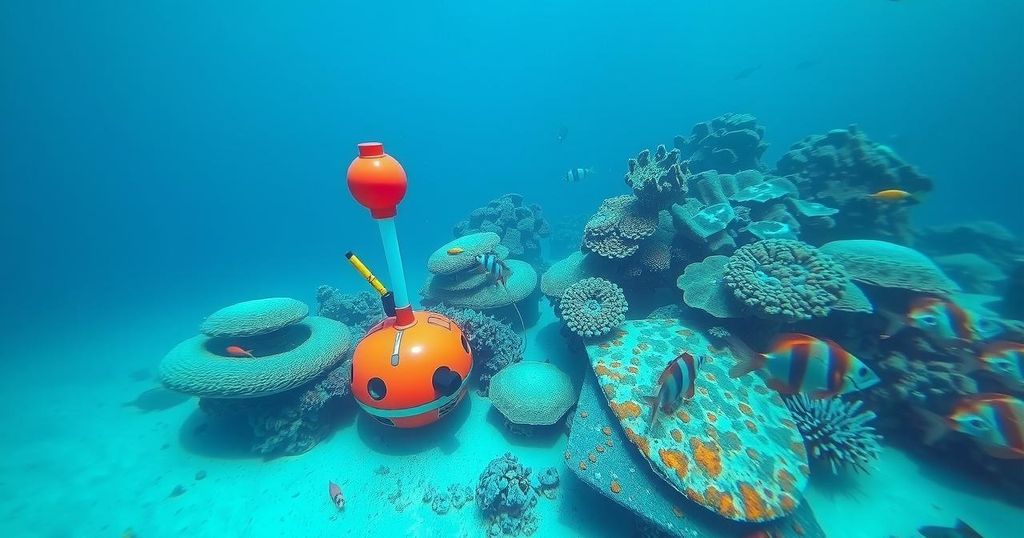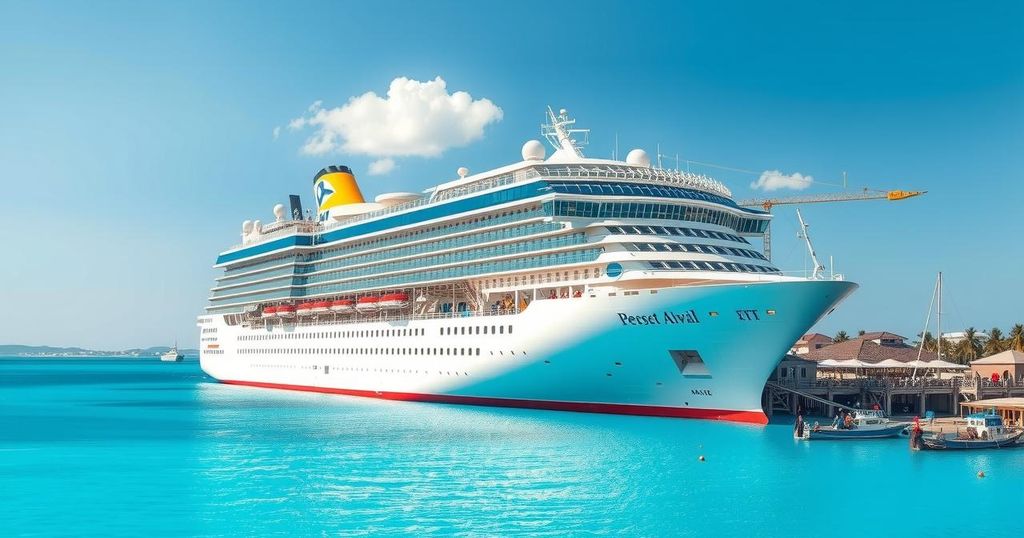Assessing Dive Safety Standards for Liveaboard Holidays in Egypt
Dive safety on liveaboard vessels in Egypt has been increasingly scrutinized due to rising incident reports. While many operators appear to comply with safety standards, notable accidents call into question the adequacy of current measures. Divers are advised to choose reputable companies, verify safety equipment, and secure comprehensive insurance. Understanding and mitigating risks is vital for enjoying a safe diving experience.
The safety of dive operations in Egypt, particularly on liveaboard dive boats, has raised concerns as both fatal and non-fatal accidents appear to be increasing. According to the UK’s Foreign & Commonwealth Development Office, safety standards within Red Sea resort diving operations vary significantly, indicating that safety is often proportionate to the cost of these diving excursions. Personal experiences from divers highlight the necessity of thorough safety measures beyond just basic instruction before entering the water.
For divers opting for liveaboard holidays, the risks accumulate notably. Reports highlight several tragic incidents, including a capsized dive boat in Egypt claiming 11 lives and multiple accidents involving the MV Hurricane and the Carlton Queen in 2023. Further concerns were raised in 2024 when multiple vessels sank or faced critical safety issues, with reports of inadequate emergency procedures such as missing roll calls and unresponsive lifeboats.
Most dive boats servicing liveaboard trips are smaller and do not fall under the International Convention for the Safety of Life at Sea (SOLAS), which establishes essential safety protocols for larger vessels. Despite the absence of SOLAS guidelines, anecdotal evidence suggests that liveaboard boats frequently experience serious accidents with a significantly higher fatality rate than larger maritime vessels.
As a recognized authority on dive safety, Camilo Saraiva from Divers Alert Network emphasizes the importance of selecting reputable dive operators. He states that while many liveaboard vessels are indeed safe, divers must exercise due diligence to ensure that safety standards are being upheld by the operators they choose. Recommended actions include verifying safety equipment and reading reviews from fellow divers to gauge the reliability of the provider.
Regarding insurance considerations for liveaboard activities, individuals must seek specialized coverage that addresses the unique hazards associated with these trips. Standard diving insurance may not adequately cover extended medical transport or evacuation from remote locations and should include provisions for non-diving-related emergencies that may arise onboard. Properly assessing one’s insurance policy can be crucial for safe diving experiences.
In conclusion, while liveaboard diving in Egypt offers unique underwater experiences, it inherently carries risks that must be acknowledged. It is imperative for divers to conduct thorough research on dive operators, scrutinize their safety protocols, and ensure they possess appropriate insurance coverage for their travels. Awareness of potential safety concerns and taking proactive measures are essential for enjoying a safe diving holiday.
Original Source: www.itij.com




Post Comment